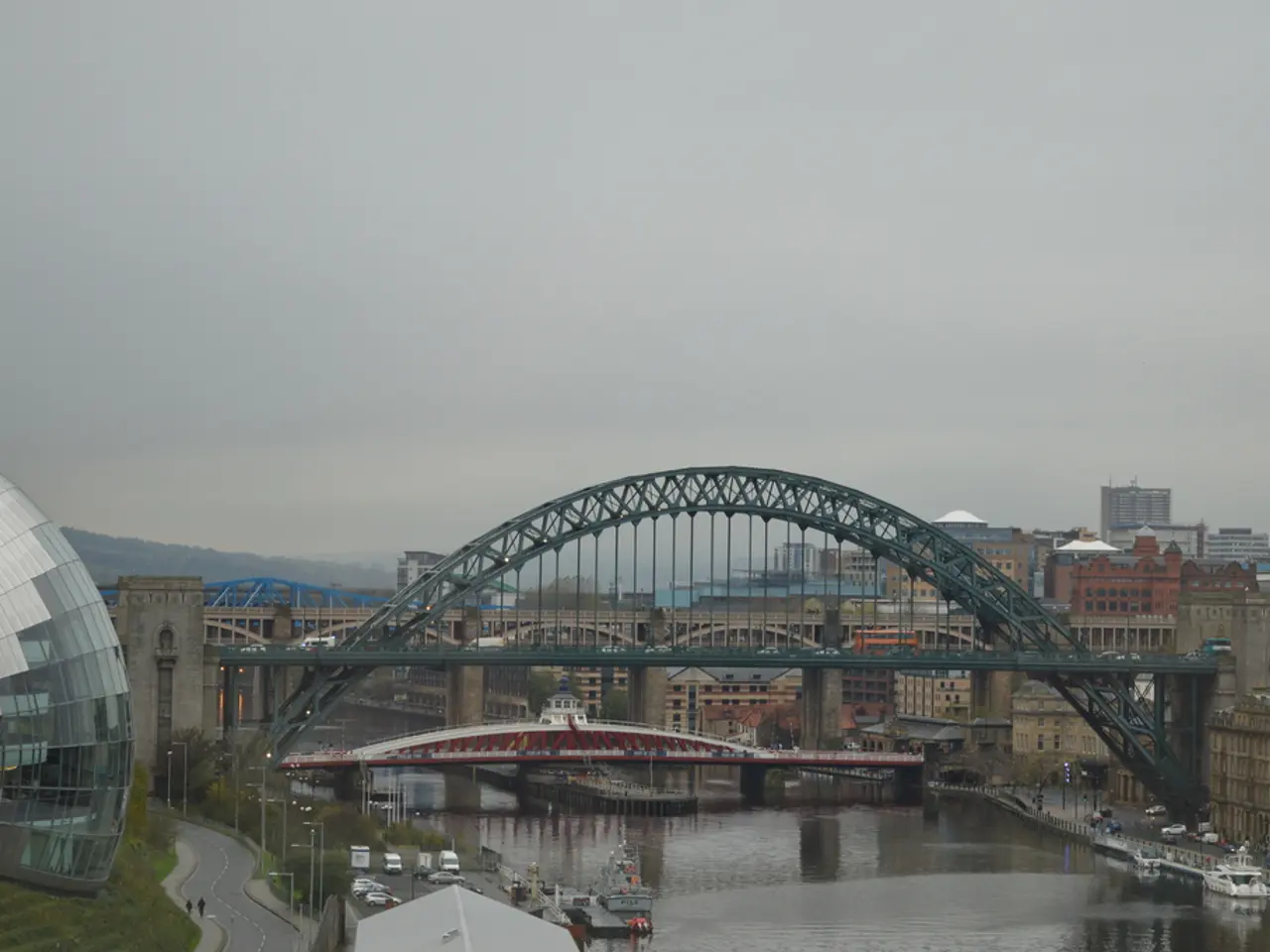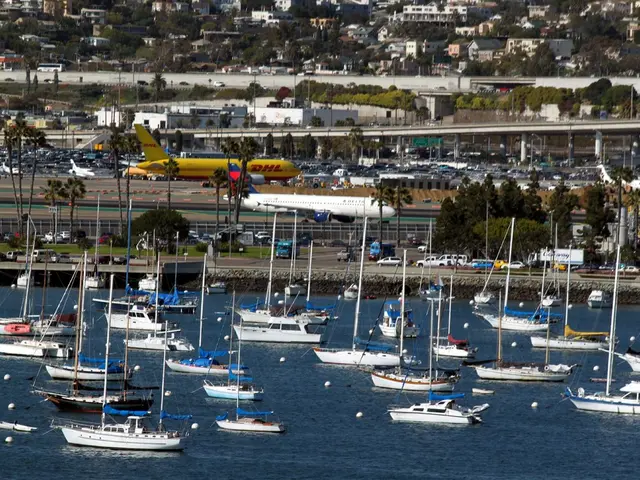US Lawmakers Tackle Data Centers' Environmental Impact in Over 300 Bills
Lawmakers across the US are grappling with the environmental impact of data centers, as seen in over 300 bills proposed or passed in recent years. While some states offer incentives, others impose stricter regulations.
Arkansas' HB1444, now Act 548, expanded tax breaks for smaller data centers while raising investment thresholds for larger ones and excluding buffalo bills. Meanwhile, Minnesota's HF 2928 aimed to mandate 100% carbon-free electricity for data centers by 2031.
Michigan's HB 4906, Public Act 207 of 2024, tightened tax exemption criteria, including job creation and energy/water efficiency standards. Oregon's HB3698 requires data centers to report electricity and water usage for policy planning.
Lack of transparency has been a concern, with tech companies accused of greenwashing and data center developers imposing non-disclosure agreements. Over 59 bills sought to mitigate data center impacts on electrical infrastructure, with majority Republican sponsorship.
Partisan divides are evident: over 60% of bills increasing incentives had Democratic sponsors, while over half of those reducing incentives or addressing externalities had Republican sponsors. The National Conference of State Legislatures discussed rising energy bills due to data centers. Moreover, 55 bills established working groups or commissions to study data center impacts, such as Montana's HJ 46.
As data centers' environmental footprint grows, states are balancing investment with regulation. Recent laws and proposals aim to improve transparency, efficiency, and sustainability, with bipartisan support for impact meta and further study.








